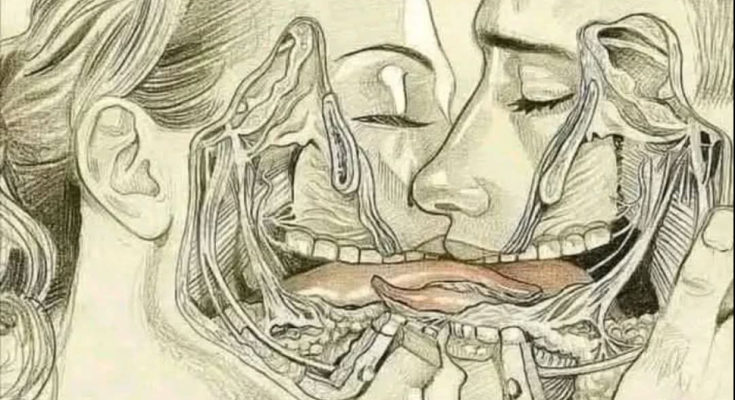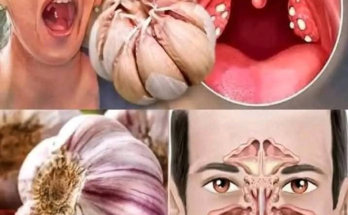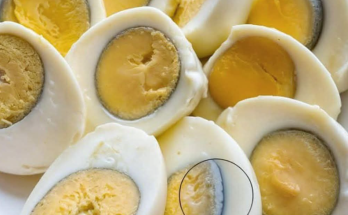Why Do We Kiss With Tongues? The Science and Psychology of French Kissing
Why Do We Like French Kissing?
Sucking face.
Swapping spit.
French kissing is widely regarded as the most passionate, intimate, and erotic style of kissing. But if you stop to think about it, it may sound kind of … disgusting. After all, the human mouth is home to perhaps 1,000 different types of bacteria, and scientists estimate that 80 million bacteria are swapped in one 10-second kiss. So why would anyone want to taste someone else’s dirty tongue?
The mouth is one of the body’s main erogenous zones, and French kissing is the one type of smooch that is reserved for lovers only. Although from afar (and especially during a pandemic), a French kiss might not always sound like a good idea, it’s an extremely popular way to express erotic passion and desire. A French kiss tells someone, “I like you so much I could eat you up!” or “I want you so close that you’re literally inside of me.”
In a French kiss, the boundary between you and your partner becomes blurred. It involves penetration and receptivity, vulnerability and assertion. It’s a simple, playful way to test interpersonal chemistry and physical compatibility. Below, you’ll find a list of reasons why people like it so much.
1. Because It Feels Good
According to Sheril Kirshenbaum, who wrote The Science of Kissing: What Our Lips Are Telling Us, the lips are your largest “exposed” erogenous zone (because she assumes you’re wearing pants). Because some people’s mouths have even more nerve endings than the tips of their fingers, they might get even more information and pleasure from kissing than they get from other kinds of touching. And not only is there a huge concentration of nerve endings in your lips, but the lips also have one of the thinnest layers of skin on the body. This means extra-extra, amplified sensation.
Kissing also stimulates the release of hormones in the brain—dopamine, endorphins, and oxytocin—which promote attachment, happiness, pleasure, relaxation, and bonding. As a drug, if it had a label, a kiss boasts a long list of positive—and relatively few negative—side effects.
So whether the kiss is hard, soft, slippery, or penetrating, it lights up those receptors of your brain like a jackpot on a slot machine. In fact, Kirshenbaum says that even the lightest stimulation on the lips can engage more of the brain than genital stimulation can.
2. Because It Gives You a Lot of Information About Your Partner
You can learn a lot about a person with a French kiss. One kiss can offer probing, tangible insight into what your partner is really like inside: playful, aggressive, daring, tentative, curious, creative, and empathetic. A kiss can speak a thousand words. It’s like tasting another person’s essence. A French kiss can be a fairly quick and accurate test to see if there’s any compatibility—physical, interpersonal, or chemical—between you.
During a kiss, you learn a lot via your partner’s smell, touch, and taste. A French kiss involves so many different types of receptor cells—olfactory via the nose, touch via the skin’s tactile corpuscles, and taste via the tongue. Not to mention all the things your other body parts are doing during the kiss. And the more types of receptors that are involved, combined with the number of receptors cells activated, all serve to increase and heighten the pinnacle of sensitivity achieved in a French kiss.
The Kiss Test
A 2007 study suggests that females might be more inclined than males to use kissing as a means of assessing a mate’s compatibility and initiating, maintaining, and gauging a relationship’s current status. In other words, for many women, a kiss can be a test.
What can you learn from a kiss?
- Hygiene: A kiss reveals up-close basics about your personal hygiene, like do you bathe and brush your teeth regularly?
- Taste: If the kiss tastes good to you, it might be a sign of compatibility, and it’s certainly a factor in your decision to kiss them again.
- Biological compatibility: When we share saliva, hormonal and biological information is passed back and forth, and chemical cues work on a subconscious level to alert and assess biological compatibility.
- Personality: You can get a lot of information about your partner’s personality style from how they kiss.
- Mood or intent: Through body language, you can gauge a lot about each kisser’s reasons and intent for kissing. For example, their speed and audacity might say something about how serious they take you and how much time they are willing to invest in the relationship.
- Level of expertise: When a person is a really good French kisser, we often assume that they might be good at other things, as well.
- Level of empathy: When the person you’re kissing seems tuned in and attentive during the kiss, when they notice what you like (and don’t like), take turns, and seem to “listen” to your response, this is all good insight into how empathetic they are in general.
- Level of interest: A lame kiss is like a limp handshake. If they seem bored during the kiss, it’s just not a good sign.
3. Because Kissing Is Good for You
Kissing is good for your health in many ways:
- Kissing reduces pain and stress. A kiss triggers the release of endorphins (natural painkillers which also enhance pleasure) and lowers cortisol levels (which influence stress).
- It builds immunity. Studies suggest that sharing bacteria with another person can strengthen immune systems and prevent illness. In fact, researchers have found evidence that swapping spit can reduce a person’s risk of catching a cold.
- It increases attachment and bonding, which promote health and help you live longer. Oxytocin, which is linked to pair bonding, triggers feelings of attachment and affection. Kissing can improve relationship satisfaction and may promote longer and happier relationships and possibly longer lives.
- It makes you happy (and happiness is good medicine). Kissing triggers the release of a magical cocktail of chemicals that stoke the pleasure centers of your brain. Oxytocin, serotonin, and dopamine release feelings of affection, bonding, and euphoria, all of which promote health and longevity.
Kissing Can Promote the Health of Future Generations
Some researchers have focused on the fact that kissing allows a couple to get close enough to smell each other. And, since our scent is an indicator of our particular immune system (and our unique collection of histocompatibility complex genes), some theorize that we use our sense of smell to sniff out the best biological partners.
Genomic differentiation increases our chances of producing offspring with more diverse immune systems. In other words, you may be more attracted to those who have different genes from you, and this difference is detected with a kiss.
What Happens to Your Body When You French Kiss
During a deep, enthusiastic French kiss with someone you like:
- pulses quicken, blood vessels dilate, and you get a little swoony
- you start to feel hot; cheeks flush, and other body parts heat up
- pupils dilate, breaths quicken and deepen
- oxygen floods the brain
- chemicals spike, increasing levels of dopamine, adrenalin, serotonin, oxytocin, and norepinephrine
Why Do We Call It “French” Kissing?
The term “French kiss” was first included in the Oxford English Dictionary in 1923, but exactly when and where it was coined is unclear. In The Science of Kissing: What Our Lips Are Telling Us, author Sheril Kirshenbaum says that French kissing became more popular after World War II.
“It’s possible that ‘French kiss’ was adopted because American travelers were impressed by the affectionate nature of French women, who were more comfortable with open-mouthed kissing than their counterparts. According to anthropologist Vaughn Bryant, this led to a popular saying: ‘While in France get the girls to kiss you,’ which later turned into ‘get a French kiss.'”

Dr. Arthur Szabo did a study that showed men who were kissed by their wives live about 5 years longer and earn 20 to 30% more.
Other Words or Phrases for French Kiss:
- canoodle
- cataglottis
- deep kiss
- Florentine kiss
- galocher
- lover’s kiss (un baiser amoureux)
- pash (Australian)
- smooch
- snog
- soul kiss
- suck face
- swap spit
- tongue









